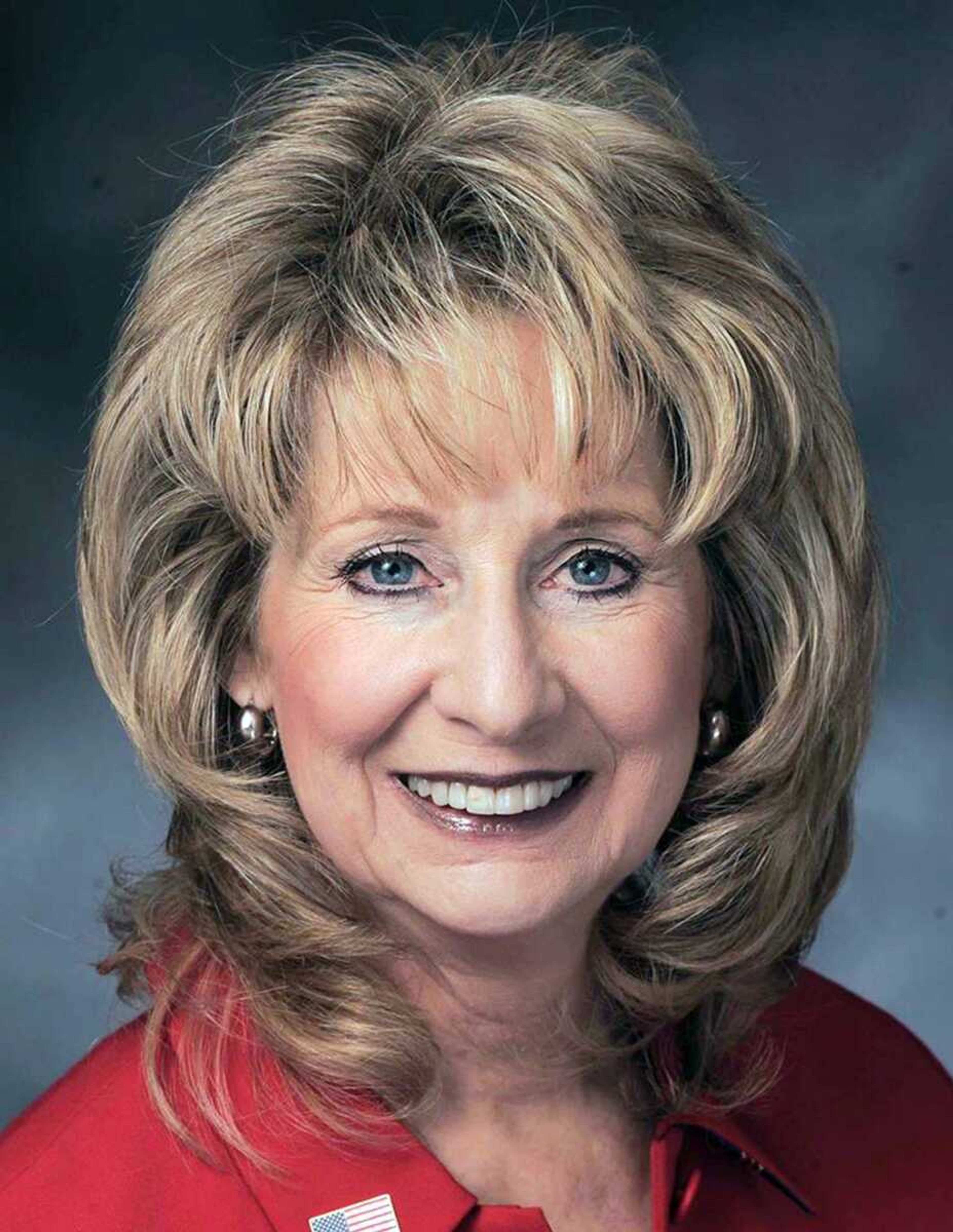Rep. Swan to discuss future of federal education law
A small delegation visiting Washington, D.C., this week to discuss the future of a federal education law will include a local legislator. State Rep. Kathy Swan, R-Cape Girardeau, will join the five-member group representing the Southern Legislative Conference...
A small delegation visiting Washington, D.C., this week to discuss the future of a federal education law will include a local legislator.
State Rep. Kathy Swan, R-Cape Girardeau, will join the five-member group representing the Southern Legislative Conference.
Swan, chairwoman of the Missouri House Committee on Elementary and Secondary Education, said the chance to participate in the group was "an unexpected opportunity," and one that doesn't come frequently.
On Wednesday and Thursday, the delegation will examine and discuss the rewrite of the federal Elementary and Secondary Education Act. It was signed into law in 1965 by President Lyndon B. Johnson, designed to provide better access to quality education for all children. The law offered grants to districts serving low-income students, grants for books, scholarships for low-income college students and created special education centers. It also provided federal grants to state educational agencies for improvements to elementary and secondary education.
The Elementary and Secondary Education Act now is often known by a different name. The measure was reauthorized in 2002 with bipartisan congressional support and signed into law by President George W. Bush. From that point, it was known as No Child Left Behind.
While No Child Left Behind has uncovered some areas of poor performance in education, its many requirements have been criticized by Republicans and Democrats alike. Since 2012, the Obama administration has been allowing waivers around some of the law's more-restrictive requirements, if schools met certain conditions.
The law requires schools measure student progress in reading and math using standardized tests. The waivers added flexibility, allowing for the implementation of state-developed methods beyond the required testing to measure progress and close achievement gaps. So far, 42 states -- including Missouri -- Washington, D.C., and Puerto Rico have received flexibility from the law, according to the U.S. Department of Education.
But the waivers were intended to provide only temporary relief as Congress works on an update to the law. The federal education law is supposed to be updated every few years but hasn't in about 12 years. With some movement finally happening, Swan said the chance to be involved in law-shaping discussions is considered by many "the opportunity of the decade for this act."
Legislation has been proposed in the House of Representatives and the Senate, although The Associated Press recently reported negotiations still are taking place to figure out how to reconcile differences between those versions.
Delegation members will participate in policy briefings and Capitol meetings to learn more about how the law will affect their state and how to prepare for its implementation. Swan said she also would have a chance to speak with U.S. Sen. Lamar Alexander, R-Tenn., who has been a key player in advancing the Senate's version of the law update.
Members also will have an opportunity to voice concerns to Congress.
Swan said when she spoke with members of her state House committee asking for input so she could present a "Missouri message," she received a pretty unified response.
"The main message is give more control back to the states regarding student assessment and testing, and allow states to have some creativity and innovation in how they want to address education in our respective states," she said. "... Everyone I've spoken with really has the same message, and I think [Missouri is] not unique in that. I think we'll go in with a unified belief that it is important we take this opportunity to give power back to the states."
Delegation members include Swan, state Sen. Dolores Gresham of Tennessee, state Rep. Tom Dickson of Georgia, state Sen. Dave Sypolt of West Virginia and state Rep. Rita Allison of South Carolina.
srinehart@semissourian.com
(573) 388-3641
Pertinent address:
Cape Girardeau, Mo.
Washington, D.C.
Connect with the Southeast Missourian Newsroom:
For corrections to this story or other insights for the editor, click here. To submit a letter to the editor, click here. To learn about the Southeast Missourian’s AI Policy, click here.









